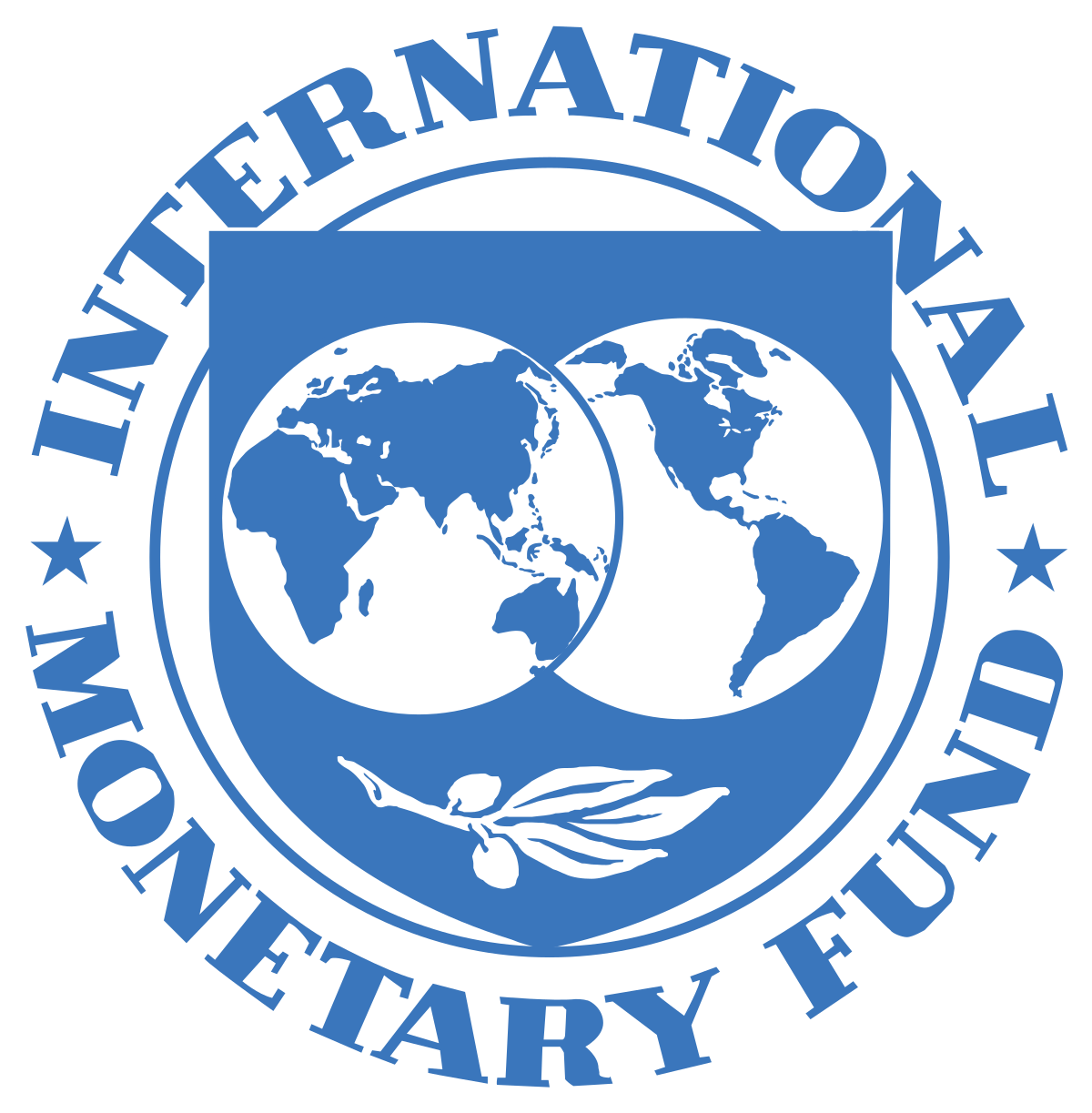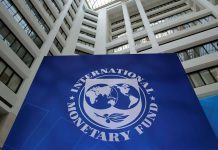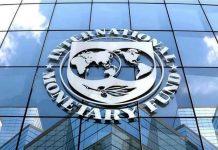The International Monetary Fund (IMF) has said financial conditions in Nigeria favoured more foreign investments and should attract more foreign investments this year.
However, the IMF also cautioned against the rising debt profile, especially from China.
The IMF also expressed worry over debts in sub-Saharan Africa, Nigeria inclusive, that don’t pass through the Paris Club as posing greater risks and creating vulnerabilities because laxity in controls.
Nigeria’s debts – foreign and local has climbed to over N25trillion based on latest data from the debt management office. Majority of Nigerian recent debt exposures are from China.
While fielding questions from journalists after the presentation of Global Financial Stability Report, Evan Papageorgiou, Deputy Division Chief, Monetary and Capital Markets Department, IMF said the issue of non-Paris Club creditors is one of the issues that was identified as potentially creating some instability or some vulnerabilities.
He noted that “Not that the debt itself creates problems. We examine some issues that debt has to be used for productive purposes but usually debt that is given under non-Pan’s Club or multilateral types of agreements, more broadly in a lot of low-income countries, particularly a lot of Sub-Saharan African countries, the issue of debt vulnerabilities is becoming more and more prescient.”
He said already “the IMF’s evaluation, in more than a dozen counties that are either in distress or in high risk of debt distress.”
He also noted there are the issues again of either collateralization of that debt or the type of this debt may create a more difficult way of resolving it down the line through a debt restructuring, for example.
Tobias Andrian, the IMF Financial Counsellor and Director of the Monetary and Capital Markets Department said “capital flows to SubSaharan Africa has to be dealt with in a responsible manner.”
He expressed optimism over more flow of investments into Africa.
He added: “Flows of investment to Sub-Saharan Africa have been strong and are expected to reach record highs this year, so global financial conditions are favorable to countries such as Nigeria at the moment.”
According to him, “issuing bonds in hard currency and in domestic currency is currently possible because of the favorable global financial conditions.”
The IMF also noted that Nigeria has a large exposure to domestic debt particularly from Central Bank bills, adding that there are a lot of higher redemption and more roll overs going forward.
“So those risks especially with respect to local currency debts, managing debts and behaviour of non-resident debt is very important”, it said.







